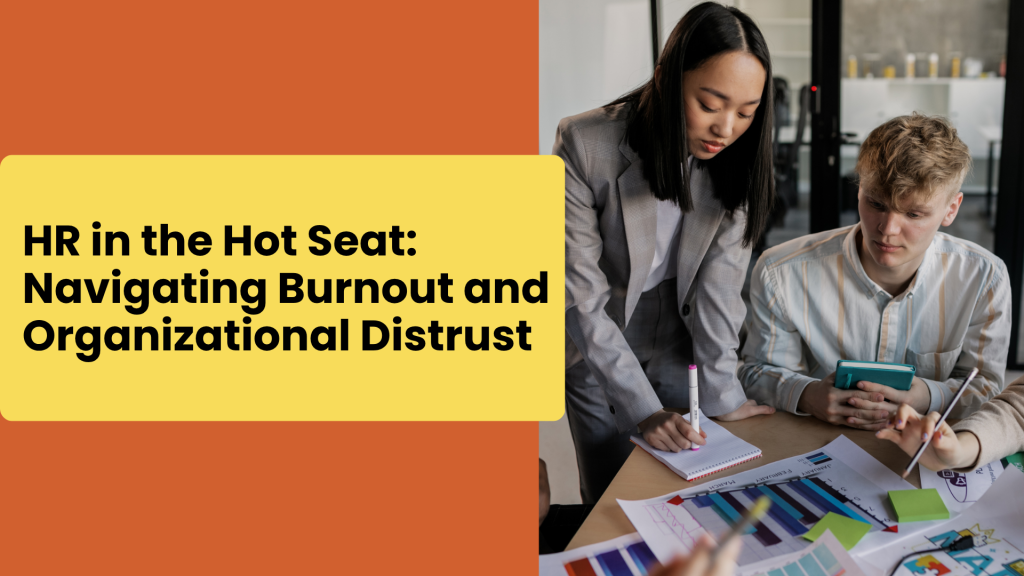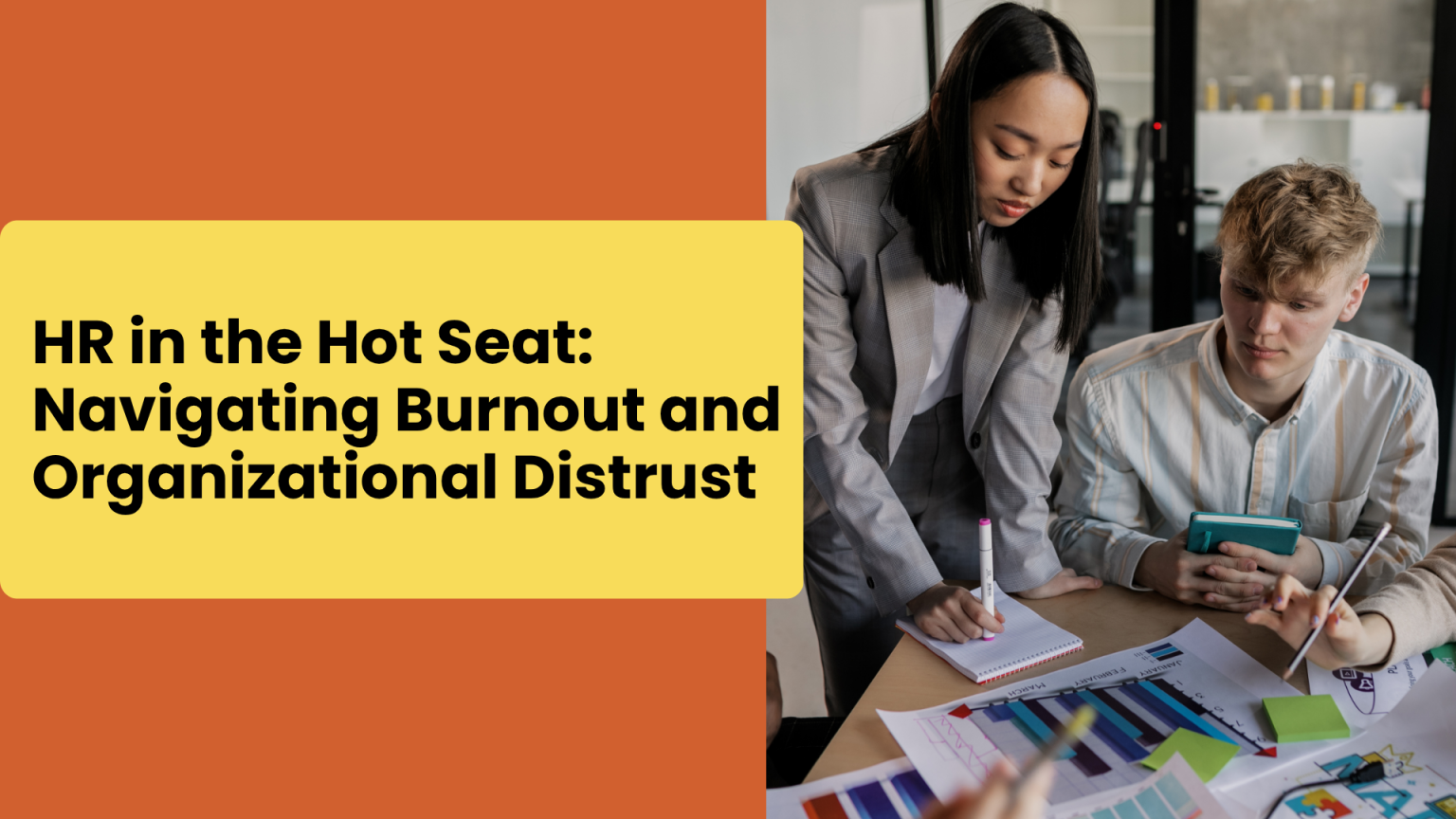
In today’s high-pressure corporate landscape, Human Resources (HR) professionals are facing unprecedented challenges. As organizations wrestle with rapid change, workforce realignment, and cultural shifts driven by AI, diversity efforts, and hybrid work models, HR leaders find themselves caught in a delicate balancing act. They must uphold the expectations of employees while executing directives from the C-suite—often with limited authority or support. The result? A rise in burnout within the HR function itself and growing skepticism about its effectiveness.
The Silent Burnout of HR Professionals –
While burnout is widely discussed among frontline workers and middle managers, it is increasingly common among HR professionals—yet rarely acknowledged. A 2025 Financial Times article highlighted that HR leaders are facing intense emotional labor: managing layoffs, mediating conflicts, enforcing unpopular policies, and still being expected to maintain a positive employee experience. The pressure to constantly “do more with less” is leading to emotional exhaustion and disengagement even among those responsible for employee well-being.
Trust Deficit: The Employee-HR Disconnect –
Employees today are more vocal about transparency, fairness, and psychological safety. However, many perceive HR as an extension of management rather than an advocate for staff. This perception is especially prevalent in companies where HR is involved in performance monitoring, compliance enforcement, or restructuring. The result is a trust deficit, where employees hesitate to approach HR for support, feedback, or complaints. Ironically, the department designed to foster engagement and resolve conflicts is seen as part of the problem.
Limited Influence in Executive Decisions –
Despite being central to people strategy, HR often lacks a seat at the executive decision-making table. Strategic choices around budgeting, headcount, hybrid work policy, or technology investments are frequently made without meaningful HR input. When HR is brought in late—often just to implement—professionals must defend and deliver decisions they had no voice in shaping. This lack of influence contributes to job dissatisfaction and compounds the feeling of being undervalued.
Role Overload in the Age of Transformation –
Modern HR is no longer just about payroll and hiring—it now includes data analytics, ESG compliance, diversity initiatives, employee wellness, AI adoption, and hybrid workforce design. However, the resources and headcount allocated to HR departments have not kept pace. Many HR professionals are juggling competing priorities across multiple business units with inadequate support. This role overload leads to reactive work rather than strategic contribution, further undermining HR’s credibility.
The Path Forward: Rebuilding Trust and Resilience –
To navigate these mounting pressures, organizations must rethink how HR is positioned and supported:
- Empower HR with strategic authority: Include HR leaders in early-stage strategic planning and budgeting discussions.
- Invest in HR well-being: Offer coaching, mental health days, and professional development specifically for HR teams.
- Improve transparency: Clarify HR’s role as both a policy enforcer and employee advocate to reset expectations.
- Enable cross-functional collaboration: Encourage HR to partner with finance, IT, and operations to deliver integrated workforce solutions.
- Modernize tools: Leverage AI and automation to reduce administrative load and give HR more time for people-focused work.
Conclusion –
HR professionals are at the frontlines of organizational change—but without systemic support, they risk becoming casualties of the very cultures they’re trying to build. By acknowledging the challenges they face and actively working to empower them, organizations can create a more resilient, trusted, and effective HR function. Now more than ever, it’s time to care for the caretakers.


